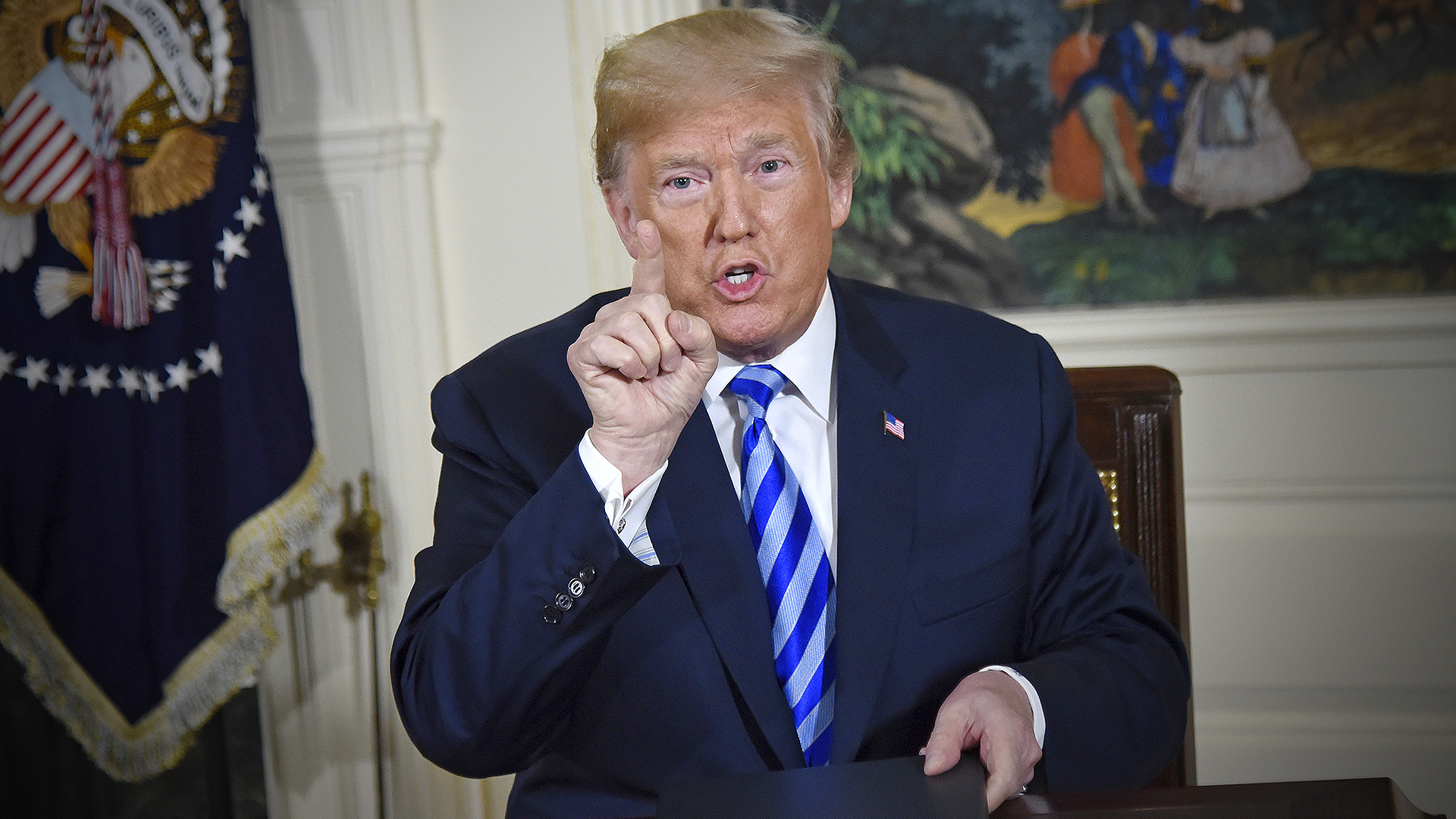

Lobbyists for the Japanese auto industry reportedly welcomed positive trade talks from the United States that would leave it exempt from increased tariffs, according to a report by Reuters.
On Wednesday, U.S. President Donald Trump and Japanese Prime Minister, Shinzo Abe, agreed to begin talks of trade between the two nations. Preliminary discussions indicated that Japan’s U.S.-imposed auto import tariffs would not increase, at least not until further trade negotiations could be had.
“We welcome the fact that U.S. tariffs related to the Section 232 investigation into auto imports will not be invoked while negotiations are occurring,” said Akio Toyoda, president of Toyota and chairman of the Japan Automobile Manufacturers Association, in a statement.
Japan has the fourth largest economy in the world and is heavily driven by exported goods. Its top export is automobiles, which is valued at over $100 billion, and makes up more than 2 percent of the country’s total gross domestic product. In 2017, Japan exported 4.2 million vehicles, of which the United States took delivery of 1.7 million. Should Trump’s proposed 25 percent automotive import tariff reach Japan, U.S. consumers could begin to pay an increased price for their next car in order to offset additional import duty fees for automakers, which could increase as much as ten-fold.
Economists reportedly view this as a positive economic signal for Japan. However, they note that the specifics of the agreements are unknown. Subaru and Mazda both saw a slight increase in stock, raising shares a respective 3 percent and 1.2 percent.
Other automakers have been hit by retaliation tariffs imposed against the United States and are already passing on the cost. For example, BMW houses its largest auto manufacturing plant in South Carolina and exports many of its vehicles to China. As a result, the German automaker is subject to Chinese retaliation tariffs of 25 percent on vehicles imported into the country, leading to an increase in vehicle pricing overseas.
Domestic manufacturers which both produce and sell vehicles in the United States aren’t free from tariffs either. Foreign-produced metals, such as steel and aluminum, are already subject to high duty fees. Ford alone projects a cost increase in excess of $1 billion in its production overhead.